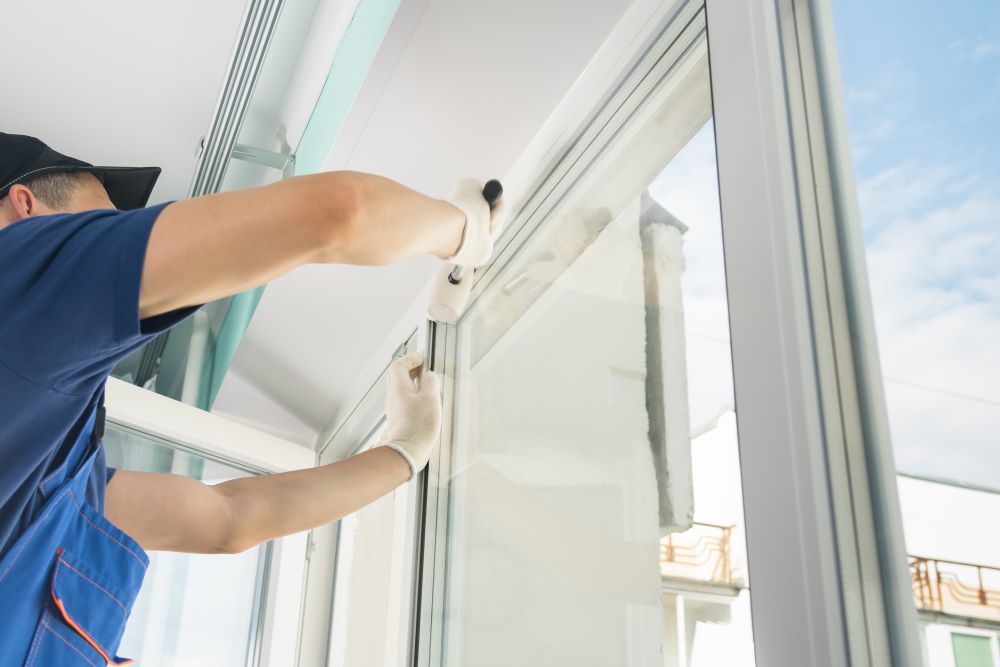
August 14, 2023

The Inflation Reduction Act, passed in August 2022, made significant changes designed to help counteract the effects of growing inflation. The legislation not only worked to reduce healthcare costs, but also focused on climate change, in part, by incentivizing the addition of energy efficient updates to homes and other dwelling units. The Energy Efficient Home Improvement Credit offers up to $2,000 for the installation of certain efficient appliances and systems. There is also a $150 credit for taxpayers that undergo a home energy audit. Unfortunately, there has been little guidance on what needs to be included in the audit.
The good news is on August 3rd, the IRS published Notice 2023-59 which details what homeowners need to do to claim the incentive. The Notice provides information on the details which need to be addressed. This includes a written report from a Qualified Home Energy Auditor that includes several parcels of information including certification details and a list of energy efficient home improvements. To help clients, prospects, and others, Wilson Lewis has provided a summary of the key details below.
The Inflation Act of 2022 ushered in several clean energy credits, including the Energy Efficient Home Improvement Credit. Improvements made to the home on or after January 1, 2023 through 2032 can qualify for an annual tax credit of up to $3,200. There is no lifetime dollar limit, but credits don’t roll over into subsequent years and are nonrefundable.
Through the credit, energy efficient improvements that are purchased and installed in the principal residence of the taxpayer will be eligible for non-refundable home improvement credits. For the credit, 30% of the total amount that taxpayers pay during the year for home energy audits, residential energy property expenditures, and qualified energy efficiency improvements will be eligible. Non-refundable credits can reduce the amount of tax owed but won’t result in a refund.
Energy-efficient improvements made to homes after January 1, 2023, are eligible. Renovations or additions made that include these improvements can receive a tax credit in the same year the improvements were made, up to $3,200. Exterior windows and doors, biomass stoves and boilers, central air conditioners, water heaters, and home energy audits are all eligible for this credit.
Different improvements are eligible for different max credits, and under the program, there exists two different caps. One credit cap is for heat pumps, biomass boilers, and biomass stoves, which can receive a maximum credit of $2,000 per year.
The other caps are as follows:
For these categories that are set apart from the $2,000 cap, combined improvements are eligible for a maximum credit of $1,200 per year.
When conducted, the home energy audit needs to pinpoint which energy efficiency improvements can be made that will be the most cost-effective and significant to the residence. This audit should also include how much will be saved in both costs and energy for each improvement. The maximum credit homeowners can claim for these audits is $150. For example, if a taxpayer paid $500 for an audit, they can claim 30% of that cost for up to $150.
There are several saving opportunities available through the Energy Efficient Home Improvement Credit. The recently issued guidance will make it easier for homeowners to claim their savings. If you have questions about the information outlined above, or need assistance with another tax or accounting issue, Wilson Lewis can help. For additional information call 770-476-1004 or click here to contact us. We look forward to speaking with you soon.